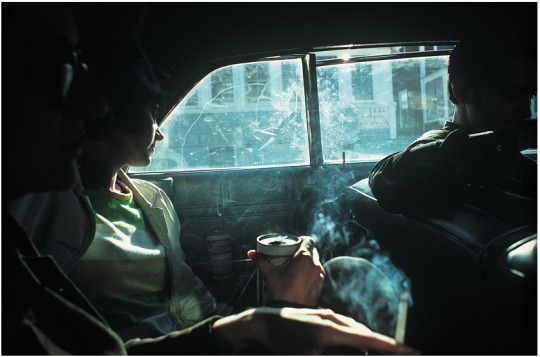Just a cliff I like to scream off of sometimesZoseph | 20 | undergrad | classics minor | art history minor | anthropology major
Don't wanna be here? Send us removal request.
Text
"But you're so successful without it."
Content warning: This post contains mentions of suicidal ideation.
I got a message earlier tonight that I'm not going to post, but I did ask the person involved if I could talk about what we subsequently ended up talking about in DMs because I feel it's important.
Basically, it was along the lines of "My kid got diagnosed with ADHD and really wants to try meds. I know from reading your blog that correct treatment for ADHD can be really beneficial, but I just don't think she's severe enough to need them."
The message then went on to ask me, as someone who is unmedicated with ADHD, for some tricks and tips on how to be successful without medication because clearly, look how well I'm doing without them. I mean, look at my blog, look at my book(s)! Surely if I can do all that without ADHD meds, other people can too. Surely there's a trick. A skill. Something you can learn if you just try hard enough...
This is not the first time I have received a message like this. In fact, I probably get about 2-5 messages like this a week.
Usually from other people who also have ADHD/suspect ADHD but don't want medication because they don't think they need it/don't want to need it, and yet can't figure out why they're struggling so much, and ask me how do I do the thing(s) and cope so well and get so much done, etc., etc.
So I'm going to tell you what I told this person tonight in case it helps someone. Yes, I have ADHD. No, I am not medicated due to severe health complications, and yes, I get a lot done. From the outside, I am sure it looks incredibly productive and successful. But I'm going to let you in on what that success feels like.
It feels like dying.
It feels like my brain is on fire; every nerve in my body scraped raw; every part of me wired and exposed to the noise of the world. There is no quiet; there is no calm. And even when my brain does fall silent, it's another kind of death. The inside of my head is sludge, flowing uphill like treacle, weighing me down, pulling me under in the riptide of my inability to focus. I can see what needs to be done, I can see it so clearly, yet sometimes it's like I don't control my own body. Not enough dopamine. Not enough brain chemicals for the message I'm screaming in my head to make my limbs do the simplest of tasks. Like, feed myself. Take a shower. Answer that email. Text my friends back. Go to bed when I'm tired. Write a best-selling novel...
A novel that almost killed me and not because of my other ailments, but because of my unmedicated ADHD.
I didn't realize it at the time, but I was already operating at critical mass when I went into final rewrites/edits. Every coping mechanism I had fell apart. Like training wheels falling off a tricycle, leaving me to wobble unsteadily until the main wheels fell off, swiftly followed by the handlebars until all that was left was me peddling frantically trying to keep my balance and not getting anywhere. I didn't realize it then, but I was heading towards a complete mental collapse. And even when I dragged myself across the finish line with the above and beyond help provided by my friends and editors, I was so burned out I couldn't enjoy my success. Worse, my success made me suicidal.
It took me until very recently, almost two years later, to be able to read Phangs without feeling suicidal. My brain associated it with the trauma of experiencing complete ADHD burnout but having to complete a monumental task anyway.
I had to go into intensive therapy to recover. I am still in intensive therapy for it.
It took me even longer after that to be able to sit down and write without harming myself. I still struggle with it, and I tell you this in all honest sincerity in the hope it makes you realize what it costs me to be "successful" and unmedicated.
And this wasn't the first time I've had to deal with this, either.
I struggled all through high school, all through college, all through every career job I ever had, knowing there was something wrong, but not quite being able to put my finger on it because hey, I still got stuff done, so it couldn't be that bad, right? Surely everyone went through life feeling this way? Right?
...right?
It wasn't until I got my ADHD diagnosis as an adult that I realized what was happening. Why I struggled so much. Why life was so hard. In many ways, it was like the sun coming up. An internal dawning of realization and acceptance, but also rage.
So much rage.
Rage at how much I'd had to struggle because no one noticed because I was quiet and undisruptive. Rage at a system that forced me to learn in ways that were not intuitive to my brain. To always being told, "doesn't apply herself" while it felt like I was clawing my brain apart trying to do what people wanted from me. To a work-life balance, that rewards all the things that make ADHD actively worse. Rage. So much rage it hurts. And to top it all off, I can't be medicated for it. I finally know what's different, I finally know why my world feels raw and turned inside out, and I can't take any of the medications that might help me.
Do you know how angry I wake up every day that there is a possible solution just within my grasp, but my health conditions prevent me from trying them? Do you know how much it hurts? How much I grieve for the person I could be if I was able to have help beyond therapy and coaching? How much happier I could be...
Not productive. Not successful. Happy.
So ask yourself, what do you want more? A child who has to go through all of this and resents you for prolonging their suffering? Who winds up hating themselves by internalizing the false concept that if they just try hard enough, they can do whatever they set their mind to.
Or do you want to help them?
Or if this is you, why are you afraid to help yourself?
Please, don't use me as an example to harm yourself or others. Yes, I am successful without medication. But the toll is high. Too high.
Rid yourself of the idea that you need to suffer more to be allowed help. You don't. They don't. No one does.
11K notes
·
View notes
Photo
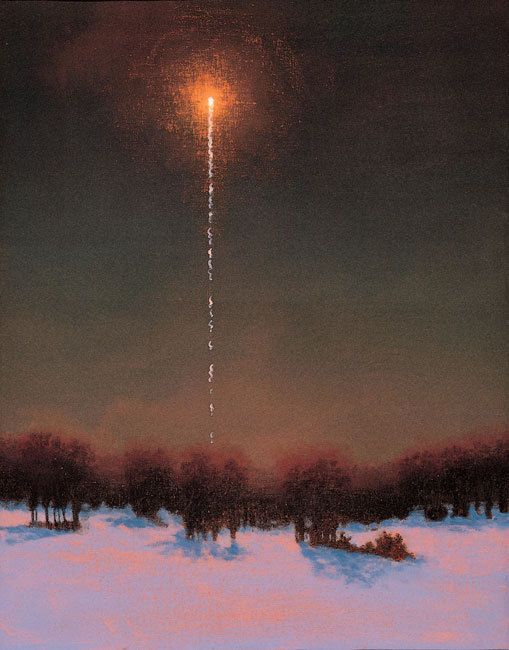
Stephen Hannock (American, b. 1951, Albany, NY, USA) - Incendiary Nocturne: Golden Launch at Dawn, 2000, Paintings: Polished Oil on Canvas
21K notes
·
View notes
Text
This post kind of frustrates me for a specific reason that I will describe here: as a queer woman who often feels painted with a very masculine brush, descriptions that generally describe wlw relationships in terms of “calmness” or “quietness” or “gentleness” feel very exclusive and restrictive. Is it not an extension of sexism in certain ways to only describe our relationships in terms of “uwu other women are so soft and sweet and gentle, they quiet the noise guys 🥺”. I’ve never been a particularly calm or quiet person. I’m loud, I’m talkative, I’m usually involved in some amount of chaos, and I’m not very gentle either. This is not to say that I’m an abrasive asshole, but I don’t walk around on butterflies and write poetry. there’s absolutely nothing wrong with that if you do, it’s just not me and not a lot of women, so why can’t we ever describe queer relationships in terms that fit people like me? Or other women who have more stereotypically masculine traits. It almost gets to a place where when I’m out in the dating pool, I genuinely worry other women are going to assume that I’ll be soft and quiet and cottage core or whatever, when what they’re walking into isn’t the feminine Divine🌸✨🌿🧚🏼it’s a random person who’s got a lot of different thoughts and feelings. I know this post is nice and sweet, it’s just I can’t help but roll my eyes when I see this sort of thing over and over again.
obsessed with how often women describe falling in love with other women as a quieting, a moment of stillness and calm where before there was noise.
32K notes
·
View notes
Photo
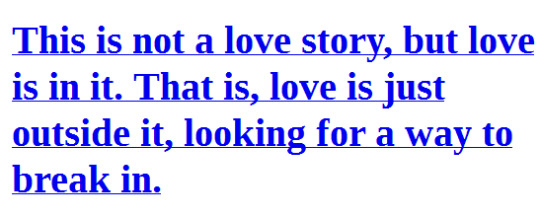
Lighthousekeeping, Jeanette Winterson (transcript under the cut)
Keep reading
23K notes
·
View notes
Photo
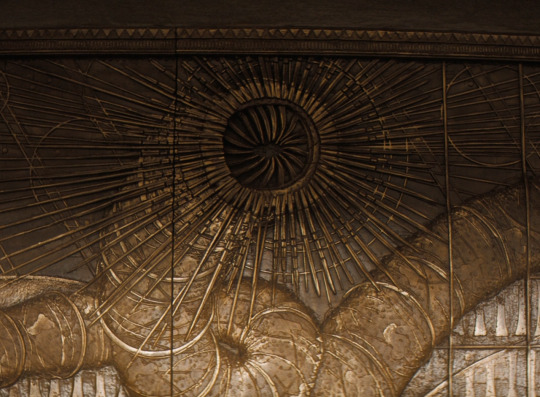
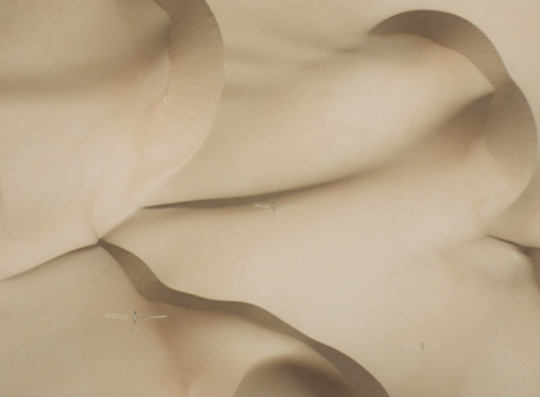
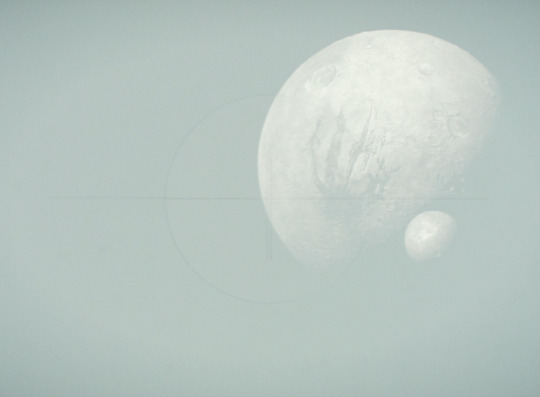

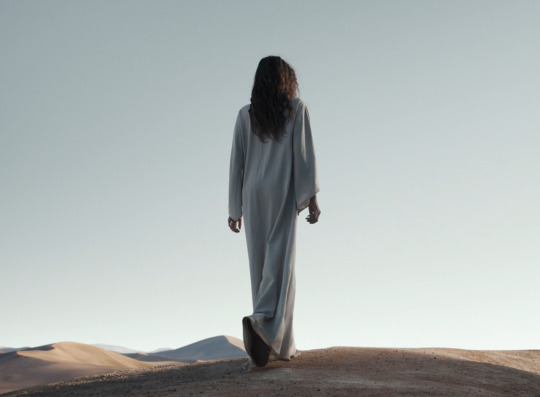
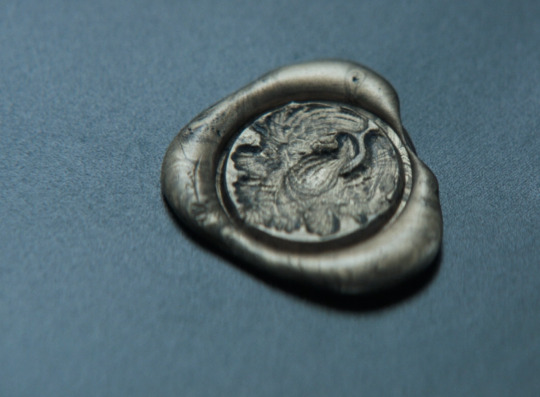
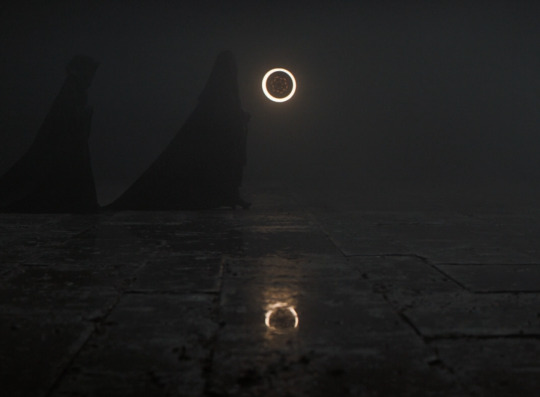

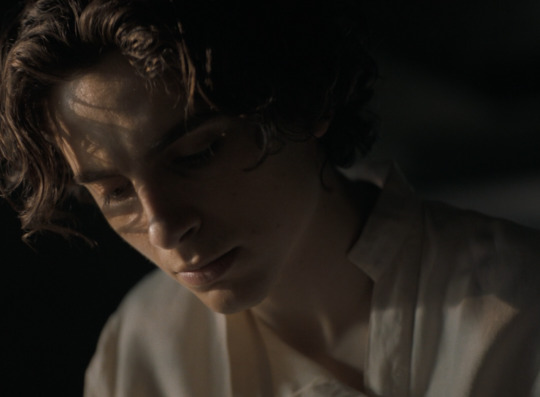

I must not fear. Fear is the mind-killer. Fear is the little death that brings obliteration.
DUNE (2021) dir. Denis Villeneuve
2K notes
·
View notes
Photo

Willem Dafoe by Jeannette Montgomery Barron / 1980
9K notes
·
View notes
Photo


More from last December 6th. I don’t expect anything like this tomorrow morning.
6K notes
·
View notes
Photo
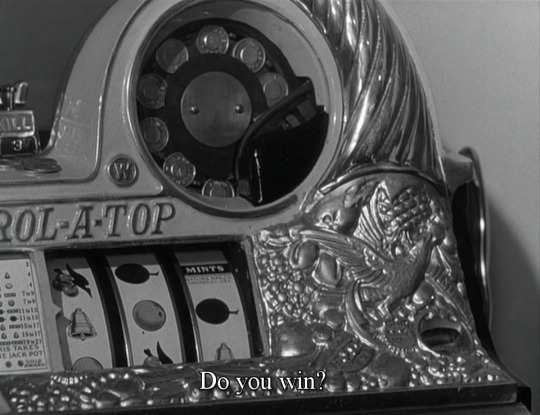

Bob le flambeur (Jean-Pierre Melville, 1956)
203 notes
·
View notes
Text
in my this cannot continue and yet it does era
48K notes
·
View notes
Text
Emotional abuse works like this: You are screamed at, and then, not knowing any better, you stand up for yourself. You think this is a way of being strong. You think this is a defense tactic. But this only provokes more screaming. Going silent provokes more screaming too, but usually it keeps the threats to the minimum. It keeps it just at screaming and not: a shove down the stairs, or order to pack your stuff and get out. So you learn how to go silent. How to play dead. How to cry without making a noise. How to swallow noise. How to wipe your cheeks, get out of the car, and go about your day. You learn. And when the screaming has stopped, when the two of you are in the car or out to dinner and they’re all smiles, all asking for favors, all questions, you are still hurt and annoyed and want to ask them, how? How can you speak to me like that? How can you pretend you did not say those things? How can you have forgotten? But you’ve learned. So you listen to, “Can I borrow your keys’,” and “how was your day’s,” and you play dead. You swallow the noise. And sometimes it doesn’t matter who is speaking to you, it doesn’t matter if they’re a friend, it doesn’t matter if their criticism is constructive, it doesn’t matter. You’ve learned. Any sort of speaking, any raising of the voice, any insult and you play dead.
Lora Mathis, Good Girl
755 notes
·
View notes





